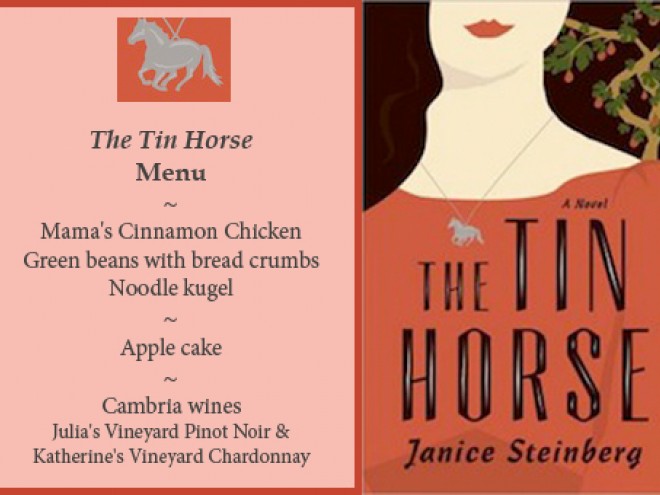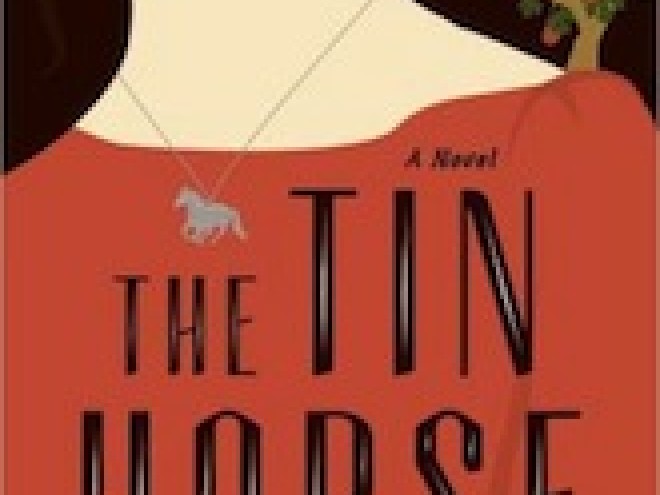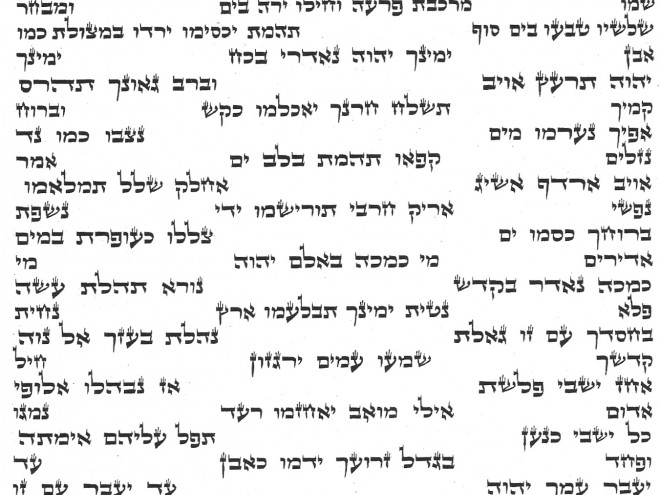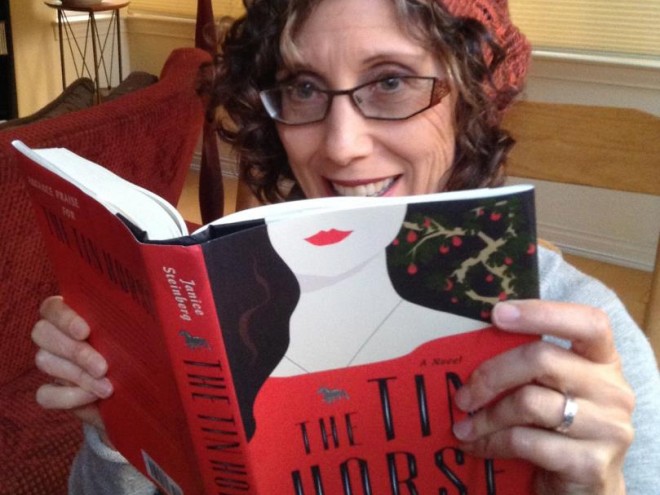Janice Steinberg’s most recent book, The Tin Horse, is now available. She will be blogging here for Jewish Book Council and MyJewishLearning all week.
I thought I had entered completely into the world of my novel: Boyle Heights in the 1920s and 30s, when the Los Angeles neighborhood was home to some 50,000 Jews and a center for Jewish life. Then I started getting questions from Tony.
Tony is Tony Hudz, the charming man who directed the audiobook of The Tin Horse. And he needed to know how to pronounce every word — for instance, should Danny Berlov’s last name be Bear-lov or Bear-lohf? My first response was, “Neither;” my mental voice had always said Ber-lov. But Danny is a new immigrant when he enters the story in 1926. And Tony’s query made me realize I was hearing Danny’s last name as it would have evolved a generation later, when its Yiddish inflections had been absorbed into English.
In my novel, Yiddish phrases often make their way into English conversation. But Tony ramped up my awareness of how the whole soup of language would contain the pronunciations, stresses, and rhythms of Yiddish. And that the English heard by Elaine Greenstein, my main character, would take multiple forms: the standard American of native speakers like her father or her teachers, and the Yiddish-flavored English of her immigrant mother, grandfather, and many of the adults in her world. Broken English.
I’m aware of love that immigrants feel for their native tongue and the emotional impact of leaving it behind. A friend who emigrated from Argentina says her son is gentler when he speaks Spanish. A psychologist who grew up in Cuba tells me that immigrant clients can access the deepest childhood memories only in their mother tongue. Eva Hoffman, who left Poland as a child, titles her beautiful memoir Lost in Translation.
Broken English, however, has no such fond associations. Rather, it’s a source of shame, the American-born child cringing as Mama or Papa massacres pronunciation and syntax. But as Tony led me to think more deeply about the English in Elaine’s world, I wondered if there was also a sweetness to hearing this broken tongue, this English cracked open to reveal a Yiddish soul.



